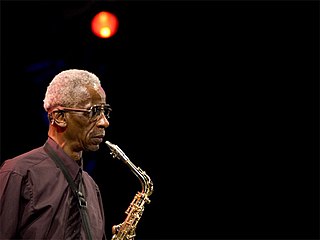Top 32 Quotes & Sayings by Roscoe Mitchell
Explore popular quotes and sayings by an American composer Roscoe Mitchell.
Last updated on April 19, 2025.
It wasn't until I got out of the Army and I heard Coltrane's record 'Coltrane,' when he was doing 'Inch Worm' and 'Out of This World,' that I thought, 'Oh my God, you can do that?' And then I thought, 'OK, I better go back and listen to Eric Dolphy a bit.' And then I said, 'Hmm, I better pull out these Ornette Coleman records.'
























